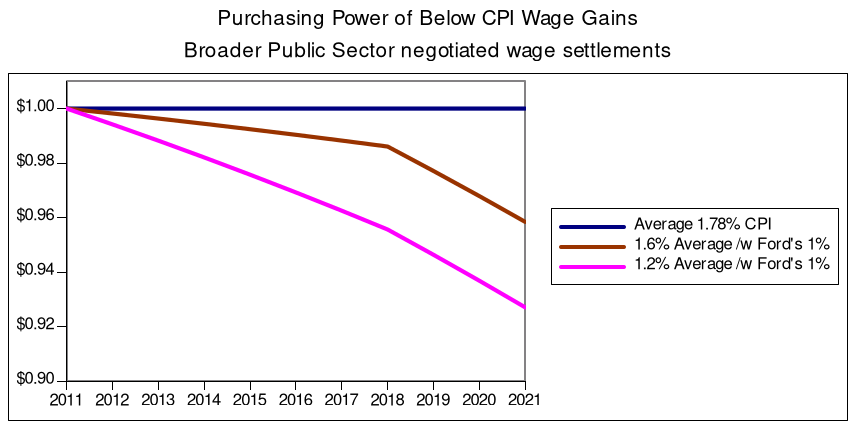
Pensions and Canadian housing policy
Believing Canadian pension plans can lead us out of this housing affordability crisis would be a fool’s errand. The irony is that a main cause of the housing affordability crisis is that Canada’s inadequate public pension system forces people to rely on private real estate markets to fund their retirement income.









